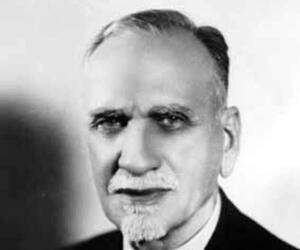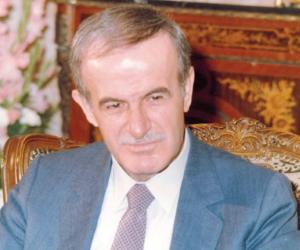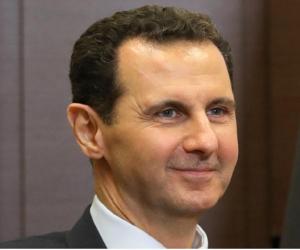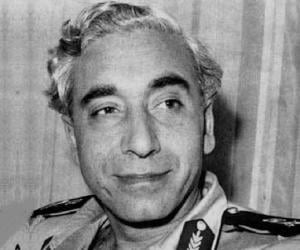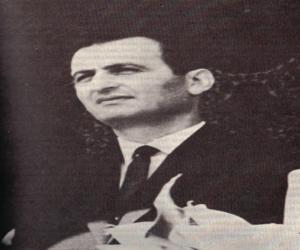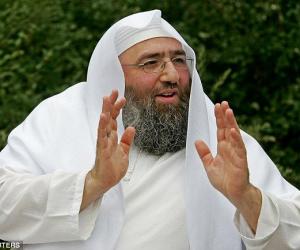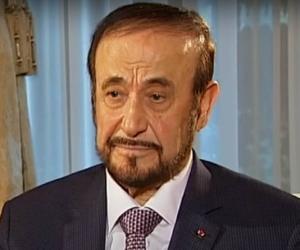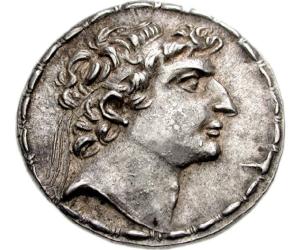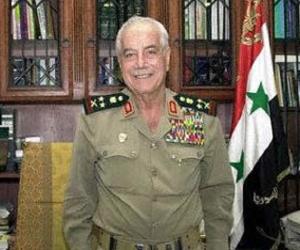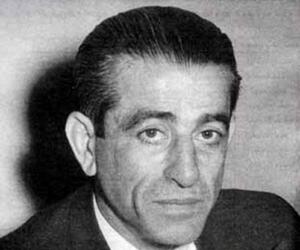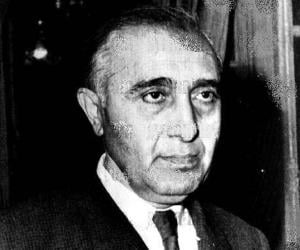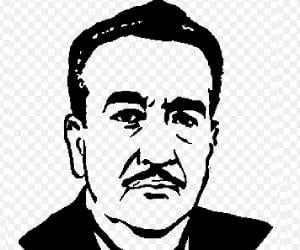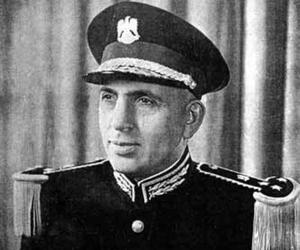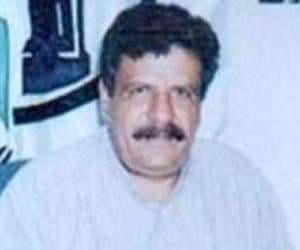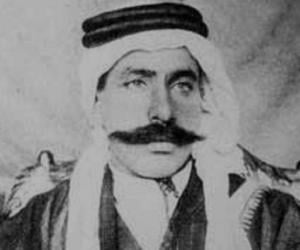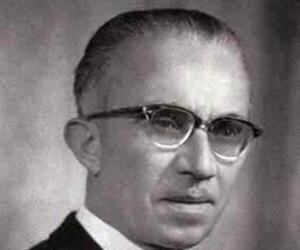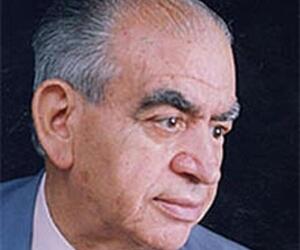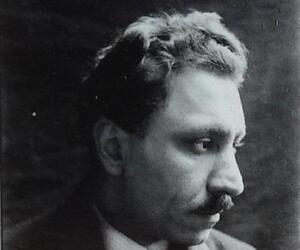1
Shukri al-Quwatli
(The First President of Post-Independence Syria)
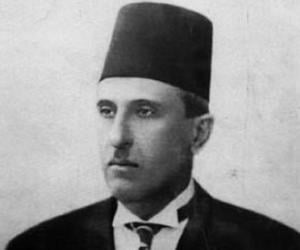
12
2
Birthdate: May 6, 1891
Sun Sign: Taurus
Birthplace: Damascus, Syria
Died: June 30, 1967
Shukri al-Quwatli was a prominent figure in Syria's struggle for independence and unity. He began as a dissident advocating for Arab territories' independence from the Ottoman Empire, enduring imprisonment and torture. He transitioned to government service in the Kingdom of Syria but eventually co-founded the republican Independence Party. Despite facing challenges such as a death sentence by the French, he continued his political career, becoming a key leader of the National Bloc. Quwatli was elected president of Syria in 1943 and later played a role in the United Arab Republic before ultimately leaving Syria due to political changes.
